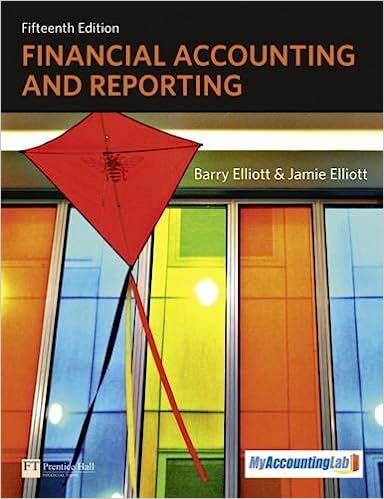Answered step by step
Verified Expert Solution
Question
1 Approved Answer
sell 68, The process of analyzing alternative investments and deciding which assets to acquire or is known as A, Planning and control. B. Capital budgeting

sell 68, The process of analyzing alternative investments and deciding which assets to acquire or is known as A, Planning and control. B. Capital budgeting C. Variance analysis. D, Master budgeting E. Managerial accounting. 69, An opportunity cost: A. Is an unavoidable cost. B. Requires a current outlay of cash. C. Results from past managerial decisions. D. Is the lost benefit of choosing an alternative course of action. E. Is irrelevant in decision making. 70. A cost that cannot be avoided or changed because it arises from a past decision, and is irrelevant to future decisions, is called a(n): A. Uncontrollable cost. B. Incremental cost. C. Opportunity cost D. Out-of-pocket cost. E. Sunk cost. 71. The term "relevant costs", as used in capital budgeting, is defined as: A. Sunk costs. B. Revenue costs C. Future costs that differ between alternatives D. Capital expenditures. E. Past costs incurred for asset purchases. 72. An estimate of an asset's value to the company, calculated by discounting the future cash flows from the investment at an appropriate rate and then subtracting the initial cost of the investment, is known as: A. Annual net cash flows. B. Rate of return on investment. C. Net present value. D. Payback period. E. Unamortized carrying value
Step by Step Solution
There are 3 Steps involved in it
Step: 1

Get Instant Access to Expert-Tailored Solutions
See step-by-step solutions with expert insights and AI powered tools for academic success
Step: 2

Step: 3

Ace Your Homework with AI
Get the answers you need in no time with our AI-driven, step-by-step assistance
Get Started


